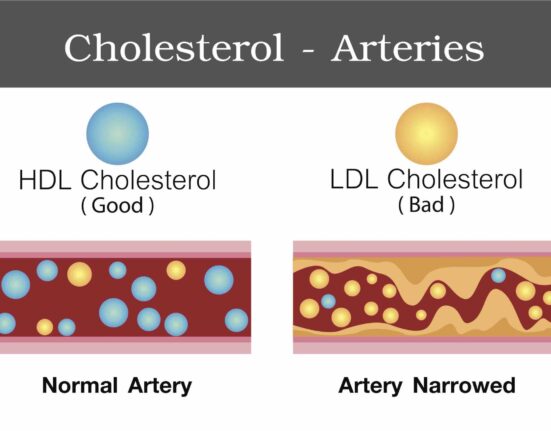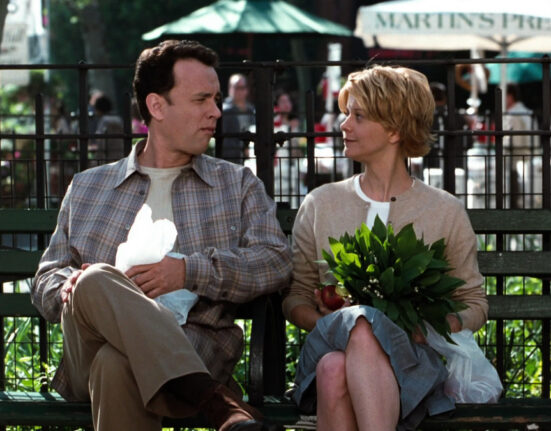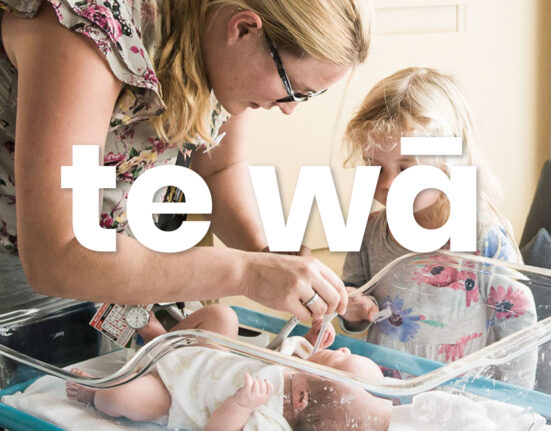Carers, those unsung heroes who selflessly provide care for their loved ones, are all around us. Whether it’s aiding a family member through illness or assisting a friend with disabilities, the role of a caregiver is both rewarding and challenging.
The statistics reveal a staggering number of individuals taking on caregiving responsibilities. In the United Kingdom alone, an estimated 10.6 million people are unpaid caregivers. This number underscores the prevalence of caregiving in our society and the significant impact it can have on mental health.
Susan’s story is one that resonates with many caregivers. She dedicated years of her life caring for her husband through his illness and disability. Their once vibrant life filled with travel and family gatherings was now overshadowed by the demands of caregiving.
Gemma also found herself in a similar situation when her partner suffered a stroke. The flourishing career she had built took a backseat as she devoted herself entirely to his care. Simple tasks like getting a haircut became luxuries, and maintaining social connections became increasingly challenging.
Brenda’s experience, although different from Susan’s and Gemma’s, also highlights the emotional toll of caregiving. While she found solace in her partner’s peaceful passing, she grappled with feelings of inadequacy for not being able to
“fix”
everything for him.
The emotional labor involved in caregiving is often underestimated. The profound grief of witnessing a loved one’s decline, coupled with feelings of guilt and loneliness, can take a heavy toll on caregivers’ well-being.
After the loss of their loved ones, caregivers like Susan, Gemma, and Brenda experienced a mix of emotions ranging from relief to fear to confusion. The transition from being a caregiver to rediscovering their identity posed its own set of challenges.
Navigating this new chapter in their lives meant confronting uncertainties about the future and adjusting to newfound freedom. Simple tasks that were once part of their daily routines now felt unfamiliar as they grappled with building new routines post-caregiving.
Despite the challenges, there were moments of joy amidst the grief. Rediscovering old passions like playing tennis or enjoying leisurely activities brought glimpses of happiness to these caregivers’ lives.
Research indicates that experiencing mixed emotions—such as feeling both happy and sad simultaneously—is not only normal but also beneficial for personal growth. Acknowledging these complex emotions is crucial for caregivers as they transition into this next phase of life.
As society continues to age, more individuals will find themselves in caregiving roles at some point in their lives. Understanding the emotional complexities involved in caregiving and providing adequate support during transitions can help alleviate some of the burdens faced by caregivers.
In conclusion, moving from caregiver to carefree is not just about letting go; it’s about embracing change with compassion and resilience. By sharing stories like Susan’s, Gemma’s, and Brenda’s, we shed light on the often overlooked journey after loss—a journey filled with mixed emotions but also moments of growth and renewal.









Leave feedback about this